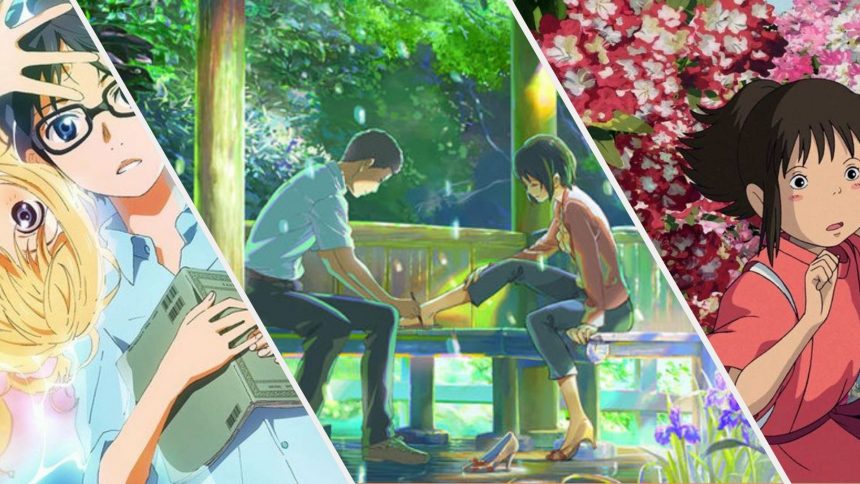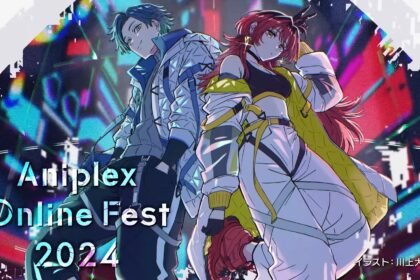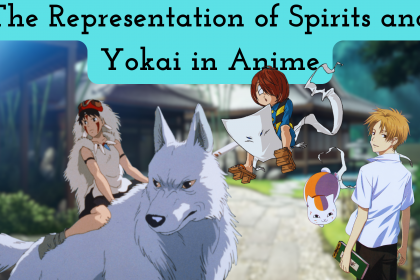Anime and manga have captured the imagination of people around the world with their captivating storytelling and vibrant characters. These mediums offer a unique lens through which creators explore various themes, including the complex concepts of identity and belonging. In this article, we will dive deep into the world of anime and manga to uncover how they address these fundamental aspects of the human experience.
Defining Identity and Belonging in Anime and Manga
Before delving into the exploration of identity and belonging, it is essential to understand the significance of these concepts in storytelling. Identity refers to the way individuals perceive themselves and how they are perceived by others. Belonging, on the other hand, encompasses the need to be accepted, valued, and connected to a community or group. Anime and manga offer a rich tapestry for examining these themes, as they often feature complex characters and intricate narratives that reflect the diverse nature of human experiences.
Identity Formation in Anime and Manga
Coming-of-Age Journeys
One prevalent theme in anime and manga is the coming-of-age journey, which explores the personal growth and self-discovery of characters as they transition from adolescence to adulthood. These stories resonate with audiences as they mirror our own struggles and transformations. Characters like Naruto from the eponymous series “Naruto” or Eren Yeager from “Attack on Titan” embark on quests to find their purpose and forge their identities. Through their trials and tribulations, they learn valuable lessons about themselves and what it means to belong.
Dual Identities and Hidden Pasts
Another compelling aspect of identity in anime and manga is the portrayal of characters with dual identities or hidden pasts. These characters grapple with the challenge of reconciling different aspects of themselves,such as their true nature and the persona they present to the world. Series like “Tokyo Ghoul,” “Death Note,” and “Fullmetal Alchemist” delve into the psychological and emotional turmoil of characters who must navigate the complexities of their dual identities. These narratives explore the internal struggle and external conflicts that arise from hiding or discovering one’s true self.
One notable example is “Neon Genesis Evangelion,” which explores the psychological struggles and existential crises faced by its main characters. Another series is “Serial Experiments Lain,” which delves into themes of identity, reality, and the blurring boundaries between the digital and physical worlds.
Belonging and Relationships in Anime and Manga
Finding Acceptance and Friendship
A central theme in many anime and manga is the search for acceptance and the formation of deep bonds. Protagonists often find themselves in unconventional or challenging situations but manage to build meaningful connections with others along the way. Series like “One Piece,” “Haikyu!!,” and “Your Lie in April” depict characters who come from different backgrounds, yet through shared experiences and mutual support, they create a sense of belonging and find solace in their friendships.
Cultural Identity and Belonging
Anime and manga also provide a platform for exploring cultural identity and the search for belonging. Some series delve into Japanese culture, showcasing traditional values and customs, while others feature characters from diverse cultural backgrounds. Works like “Spirited Away,” “Kimetsu no Yaiba,” and “The Garden of Words” explore the connection between characters and their cultural heritage, highlighting the challenges and triumphs of embracing one’s roots and finding a place where they truly belong.
Through these mediums, individuals can gain a deeper understanding and appreciation for Japanese society and its values. This exposure to different cultural perspectives can broaden one’s worldview and foster cross-cultural understanding.
Impact and Influence of Anime and Manga on Real-Life Identity
Fandom and Community
Beyond the narratives themselves, anime and manga have a significant impact on real-life identity through the creation of fandoms and communities. Fans of these mediums come together at conventions, engage in cosplay, and connect through online platforms. These spaces provide a sense of belonging and allow enthusiasts to share their passion for anime and manga. The shared experiences and discussions foster a strong sense of community, enabling individuals to form connections and find like-minded peers.
Conventions and events bring fans together in a physical setting, allowing them to meet like-minded individuals and form friendships. Online communities, forums, and social media platforms also provide opportunities for fans to interact, share fan art, theories, and build connections with others who share their passion.
Representation and Empowerment
Representation plays a crucial role in shaping real-life identity. And anime and manga have made strides in providing diverse and inclusive characters. Series like “Yuri!!! on Ice,” “Given,” and “Wandering Son” feature LGBTQ+ characters, tackling topics of sexual orientation and gender identity. By showcasing these narratives, anime and manga empower individuals by giving them visibility and representation. Such representation not only resonates with marginalized communities but also helps to challenge societal norms and promote acceptance and understanding.
“Samurai Champloo” is an anime series that takes place in historical Japan and features characters from various cultural backgrounds. “Baccano!” is another anime set in the United States during the Prohibition era and showcases a diverse cast of characters from different ethnicities. Additionally, “Black Lagoon” portrays a multinational cast of characters in a modern-day setting.
Anime and manga empower individuals from marginalized communities by providing representation and visibility. When characters from these communities are depicted in meaningful and positive ways, it helps individuals feel seen, heard, and understood. It challenges societal norms and stereotypes while promoting acceptance and fostering a sense of pride in one’s identity.
Conclusion
In conclusion, anime and manga offer a rich tapestry for exploring the themes of identity and belonging. Through their diverse narratives and complex characters, these mediums delve into the universal human experiences of self-discovery, acceptance, and forming connections. Whether it’s through coming-of-age journeys, dual identities, or the exploration of cultural heritage, anime and manga provide a platform for individuals to see themselves reflected and find solace in the stories they tell. The impact of these mediums extends beyond the fictional realm, influencing real-life identities through fandoms, communities, and representation. Anime and manga continue to captivate audiences worldwide. Leaving an indelible mark on the way we perceive ourselves and the world around us.













